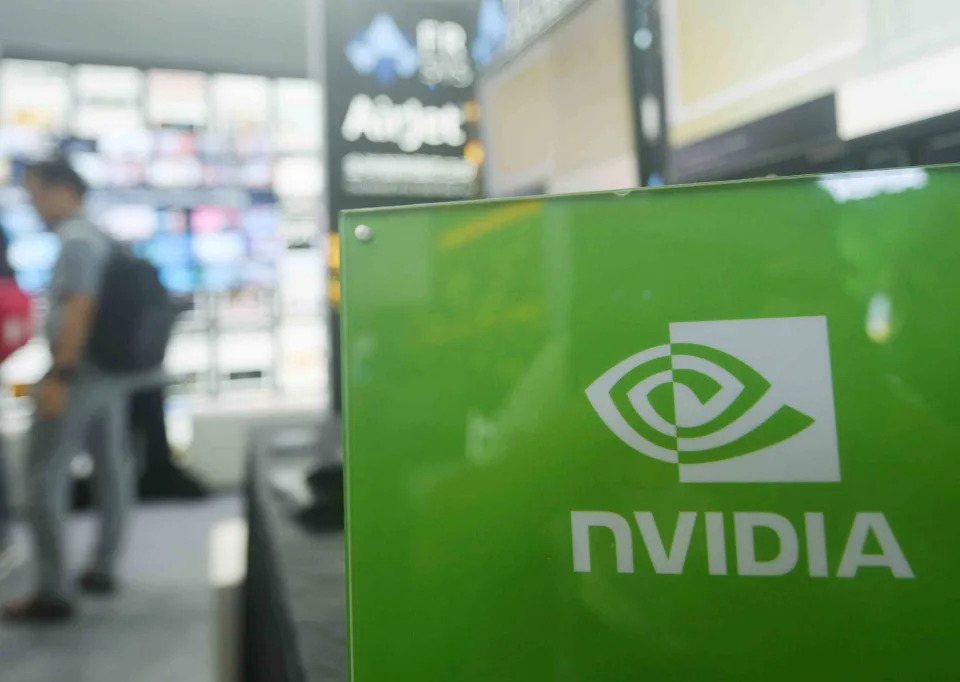(Bloomberg) -- Singapore plans to invest S$5 billion ($3.7 billion) with fund managers to help boost the local stock market, and will start requiring some family offices to deploy a portion of their assets into domestic equities.
Regulators will also make it easier for companies to list on the city-state’s stock exchange, by switching to a more disclosure-based system for initial public offerings and speeding up the listing approval process.
The initiatives were among a host of new measures unveiled on Friday by a government-led review group that was created to help revive Singapore’s languishing stock market. While the country’s benchmark Straits Times Index recently soared to a record, the broader market has been suffering from a dearth of new listings and low trading liquidity in numerous stocks. Delistings have also outnumbered IPOs for years.
A new S$5 billion “Equity Market Development Programme” will be launched by the Monetary Authority of Singapore, the central bank said. It will invest in selected actively managed funds that are focused on Singapore stocks or deploy a substantial portion of their assets into them.
The financial regulator said the program “aims to incentivize fund managers to bring in greater retail and institutional investor interest,” which should in turn improve trading liquidity, price discovery, and valuations for stocks.
The money managers would additionally be expected to contribute to Singapore by expanding their activities and employing more people, and should invest beyond index component stocks. The process of evaluating eligible fund managers and strategies will start “over the next few months,” MAS said.
The government also plans to make changes to its “Global Investor Programme” — which grants Singapore permanent residency to qualifying foreigners — to channel more money into the local stock market.
Investors who have set up single family offices in Singapore with at least S$200 million in assets under management currently have to deploy at least S$50 million into certain types of investments. They include Singapore-listed securities, privately held companies operating in the country, and funds distributed in Singapore which may in turn invest elsewhere.
The MAS said that new applicants that set up similar family offices under this program will have to deploy the entire S$50 million minimum into Singapore-listed equities. Singapore has over 2,000 single family offices that were granted tax incentives as of 2024, which will not be covered by this requirement.
“If we take the proposed measures together they will hopefully make an impact,” MAS Deputy Chairman Chee Hong Tat said at a press conference on Friday evening. “It doesn’t mean all the measures we put in place will succeed.” Chee, who is also Singapore’s Second Minister for Finance and Minister for Transport, has been leading the market review group.
Tax Incentives
Reviving the stock market has become a national priority for Singapore, as it heads into a general election this year. Earlier this week, Prime Minister Lawrence Wong said in his annual budget speech that the government would introduce tax incentives for Singapore-based companies and fund managers that choose to list in the country.
The government plans to give fund managers or their holding companies a 5% concessionary tax rate on qualifying income, if they agree to list publicly in Singapore for at least five years and pay out some of their profits as dividends.
It is also offering tax exemptions on fees from funds investing substantially in Singapore-listed equities, and tax rebates for businesses that choose to list locally.
Some Wall Street banks and market participants have been hoping that Singapore’s government would channel a larger amount of public funds or a slice of its citizens’ retirement savings into domestic equities. Morgan Stanley research analysts suggested in a November report that about $15 billion of the yearly growth in the country’s Central Provident Fund balances could be “mobilized to invest in Singapore equities.”
The S$5 billion program will be funded by MAS’ investment portfolio and another entity the central bank oversees, called the Financial Sector Development Fund.
Chee said on Friday that the MAS “wanted to be able to crowd in private capital” by investing with fund managers. “We thought S$5 billion would be a good start.”
--With assistance from Low De Wei.





